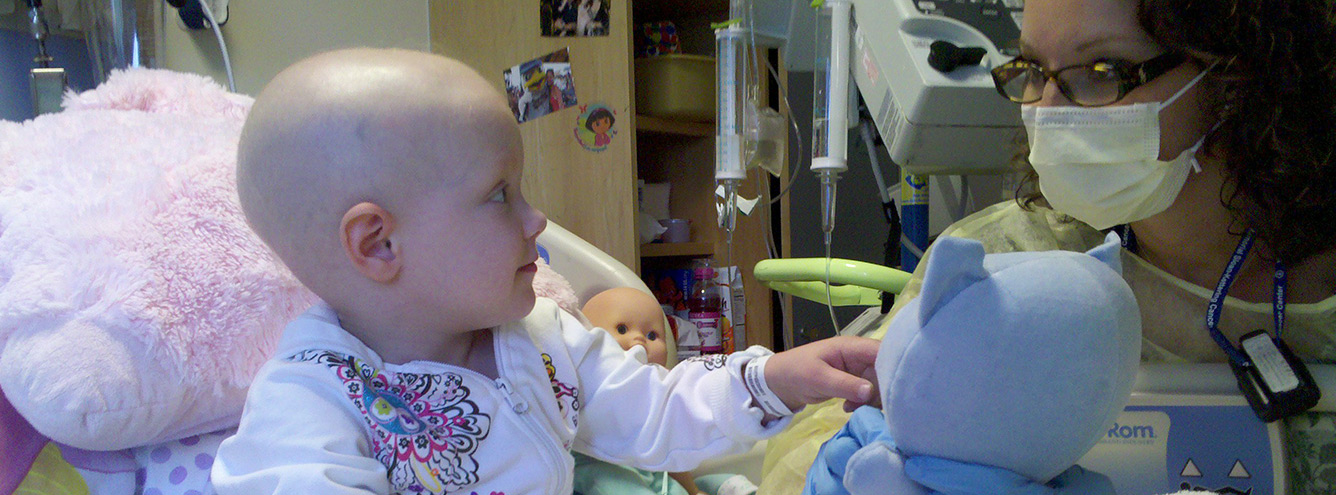Transplant is a very intensive, physically and mentally gruelling process for the whole family.
This can be a huge challenge at a time when stress levels are already very high, and the family may be separated for long periods.
Careful planning and preparation before transplant can minimise the emotional and practical difficulties in the days and weeks ahead.
Visit the Transplant Unit
Hospitals have different approaches to care during transplant. What you read in preparation materials may not be exactly what you experience.
Before your child goes into hospital, talk to the doctors and nurses who will be caring for her. They can arrange a tour of the unit and explain what is likely to happen, so you and your child know what to expect.
Passing the Time
You may wonder how you will ever fill the days in isolation and keep your child occupied. However, your child may not feel well enough to do very much, at least during conditioning and for the first few weeks after transplant.
Your child’s vital signs (temperature, blood pressure and pulse) will be checked regularly, and there will be many medications to take. Doctors and nurses will visit often and many parents find the time passes remarkably quickly.
If your child is old enough, plan ahead of time together what toys, books and music to take in with you. This will help your child feel involved and in control. Check with the staff about restrictions and pre-cleaning protocols you must observe to reduce infection risk.
Food
Most hospitals have policies on food preparation and what your child can eat during transplant. These vary from extremely cautious to very flexible. Before transplant, discuss policies with the medical staff who will look after your child.
Special care needs to be taken that your child’s food does not contain harmful bacteria. Share any specific guidelines with friends or family who bring in food, so they know what is and is not acceptable. General precautions are:
- Fruit and salads (if allowed) should be washed thoroughly.
- Avoid cream and sugary cakes, soft cheese, unpasteurized foods and dishes made with lightly cooked or uncooked eggs.
- Hot meals should be freshly prepared and thoroughly cooked (not reheated).
Visitors
Transplant unit visiting arrangements vary between hospitals and between different phases of treatment at the same unit. Your child may be restricted to only a few visitors each day.
Visitors may have to wash their hands and wear a protective gown, gloves and mask, depending on your child’s stage of treatment.
Tell friends and family not to visit if they feel unwell or if any of their family has been unwell in the last few days. Explain the reasons so they understand the restrictions are essential to protect your child. Some hospitals have leaflets you can give your friends to help with explanations.
The medical staff will explain what precautions your visitors must take. Ask if they have an information leaflet you can circulate among friends.
The isolation and visiting restrictions may worry you. You may feel frightened and depressed by the prospect of weeks alone with your sick child. Talk to the medical staff about these concerns. They have much experience and will support you throughout the transplant process.


